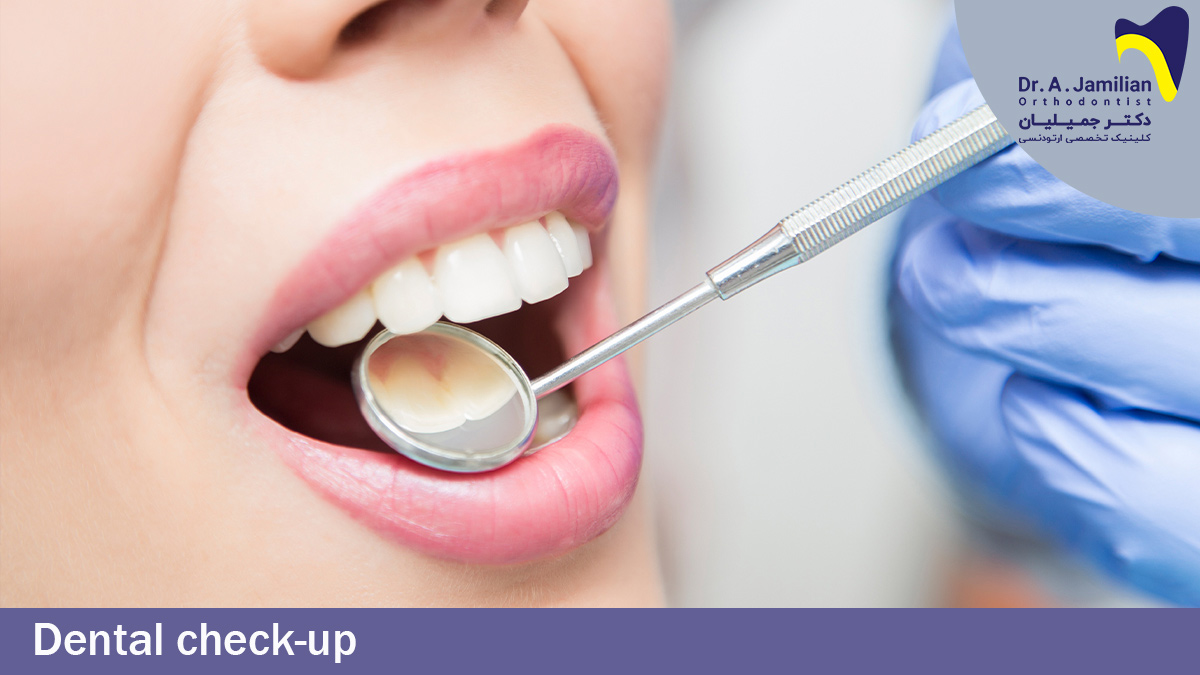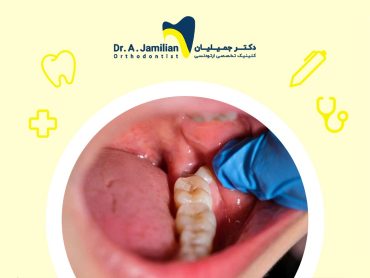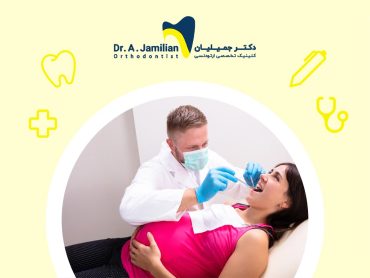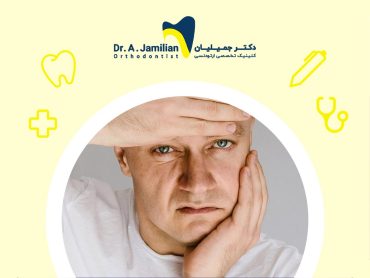Caring and protecting oral and dental health significantly affects the body’s general health. In addition to the daily brushing and flossing of teeth, one can regularly visit a dental specialist for dental checkup to help hygiene and health.
All people, whether a 44 year old, or a 6 year old, should checkup their teeth at least every six months. Depending on your dentist, this may suggest longer or shorter intervals. Often, this is due to the state of your teeth.
Tooth Check-up: What is done? In most cases, a dental specialist will be in charge of your checkup. Dentists have different methods, but the actions taken often include the following:
Teeth Cleaning and Scaling
If a patient has tartars & plaques, dental specialists use tools to remove them from your teeth. Then, they will use other tools to scale your teeth.
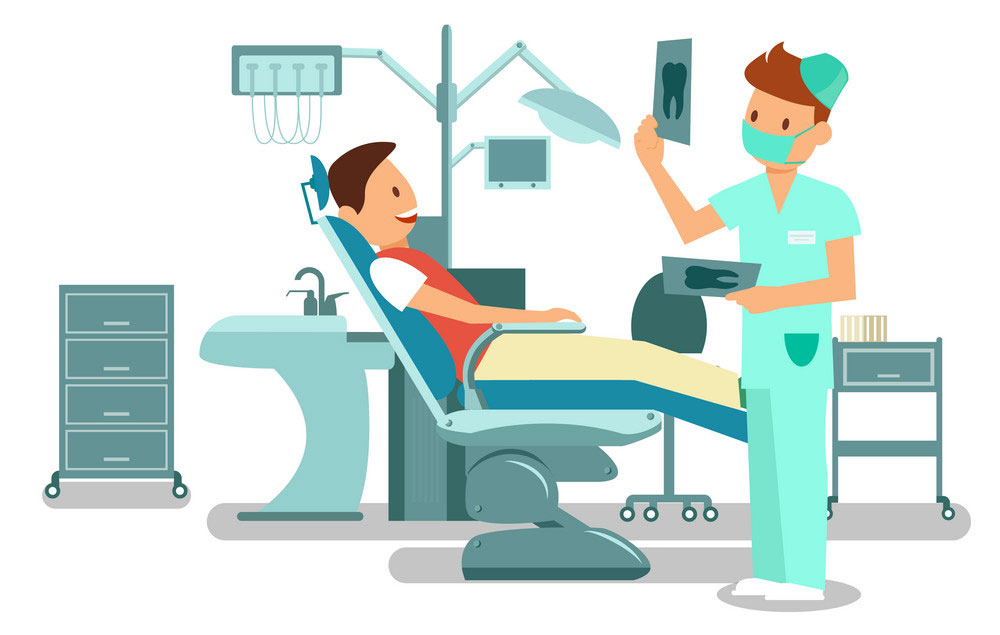
Education During Dental Check-up
After cleaning your teeth, the health specialist or dentist will explain the problems and risks to dental and oral hygiene as well as your dental problems and those that they will contract in the future. Additionally, they will guide and teach you the correct method of brushing and flossing teeth.
Dental Diagnosis
The dental specialist that you have visited will diagnose your teeth, gums, and mouth, and inform you if they had changes or symptoms of diseases, and then treat them. For example, tooth cavities or fractures, gum diseases, or initial symptoms of cancer and similar conditions.
After diagnosis, each of these problems will be solved by your dentist or yourself. You could also be referred to an orthodontist or periodontist to solve your disease with more expertise.
Dental Check-up by X-Ray
In some visits, the dental specialist will ask you to take an X-ray picture of your teeth to be able to diagnose tooth decay, gum diseases, or other problems related to your teeth. Since x-rays expose you to harmful radiation, this only happens when necessary. They will also give you your previous pictures with you when you go to a new dentist. This happens so that the dentist may use them.
Useful Tips in Dental Check-ups
Since your dental health is directly related to your general health, make sure to disclose any problems or diseases to your dental specialist and fill them in. The actions you should take include:
- Tell your dentist of any new health problems since your last visit. For example, if you have contracted diabetes or heart disease during this period, make sure to report it to them.
- Prepare a list of drugs and supplements that you are using with their amounts to show to your dentist.
- Tell your dentist if you are afraid or anxious about the dentist or dental tools. Rest assured that this will help you to feel better and more relaxed during check-up.
